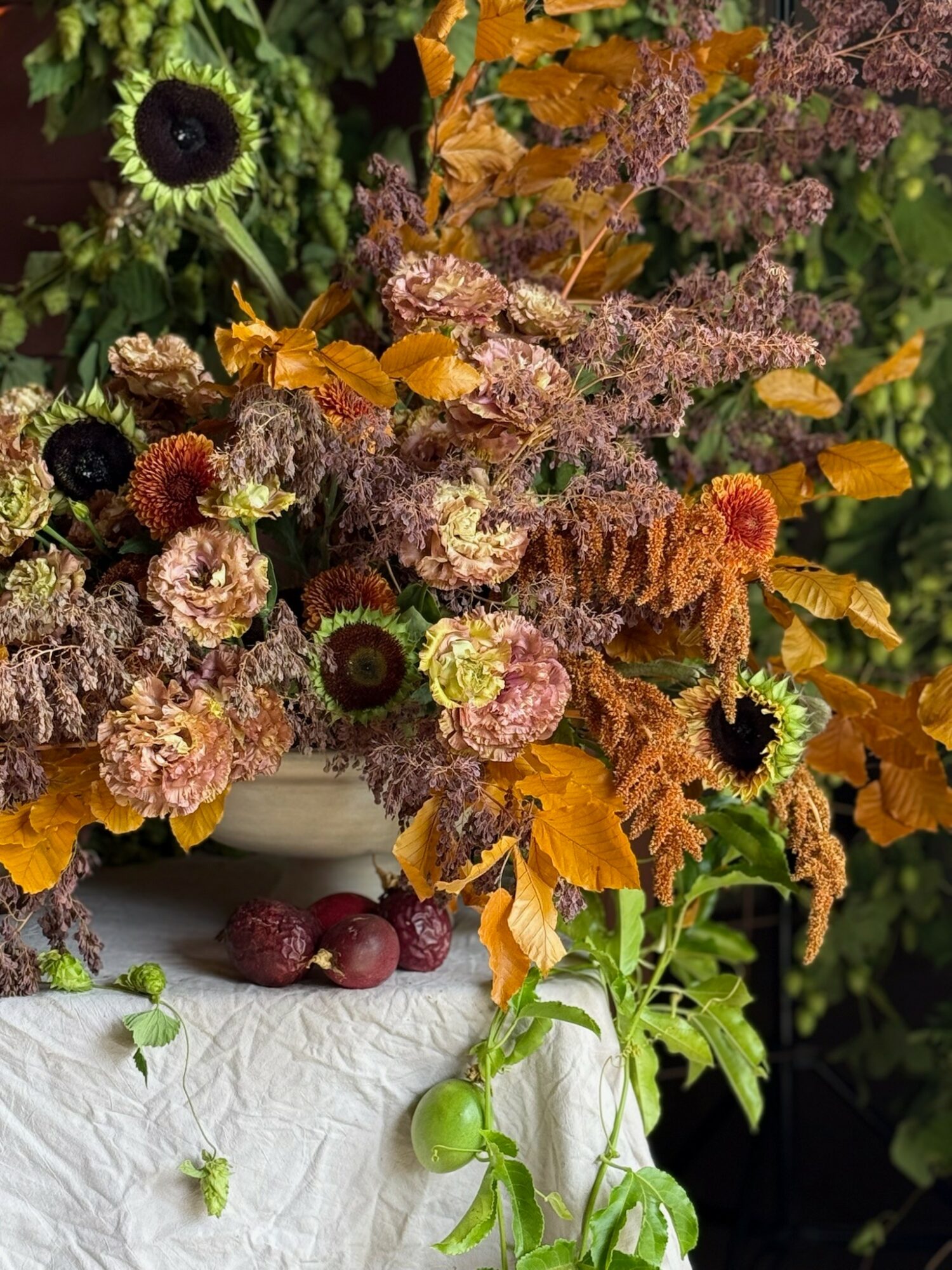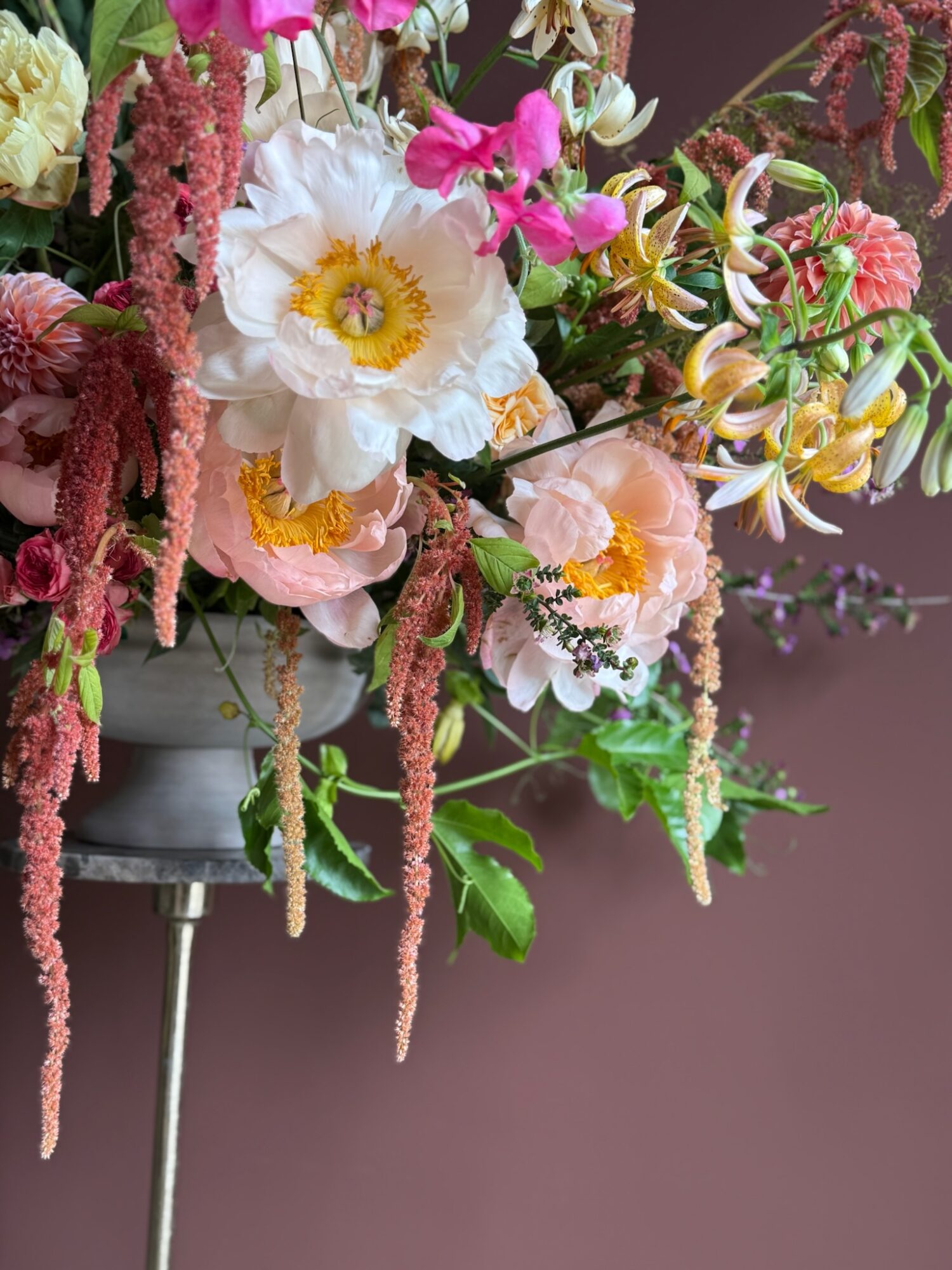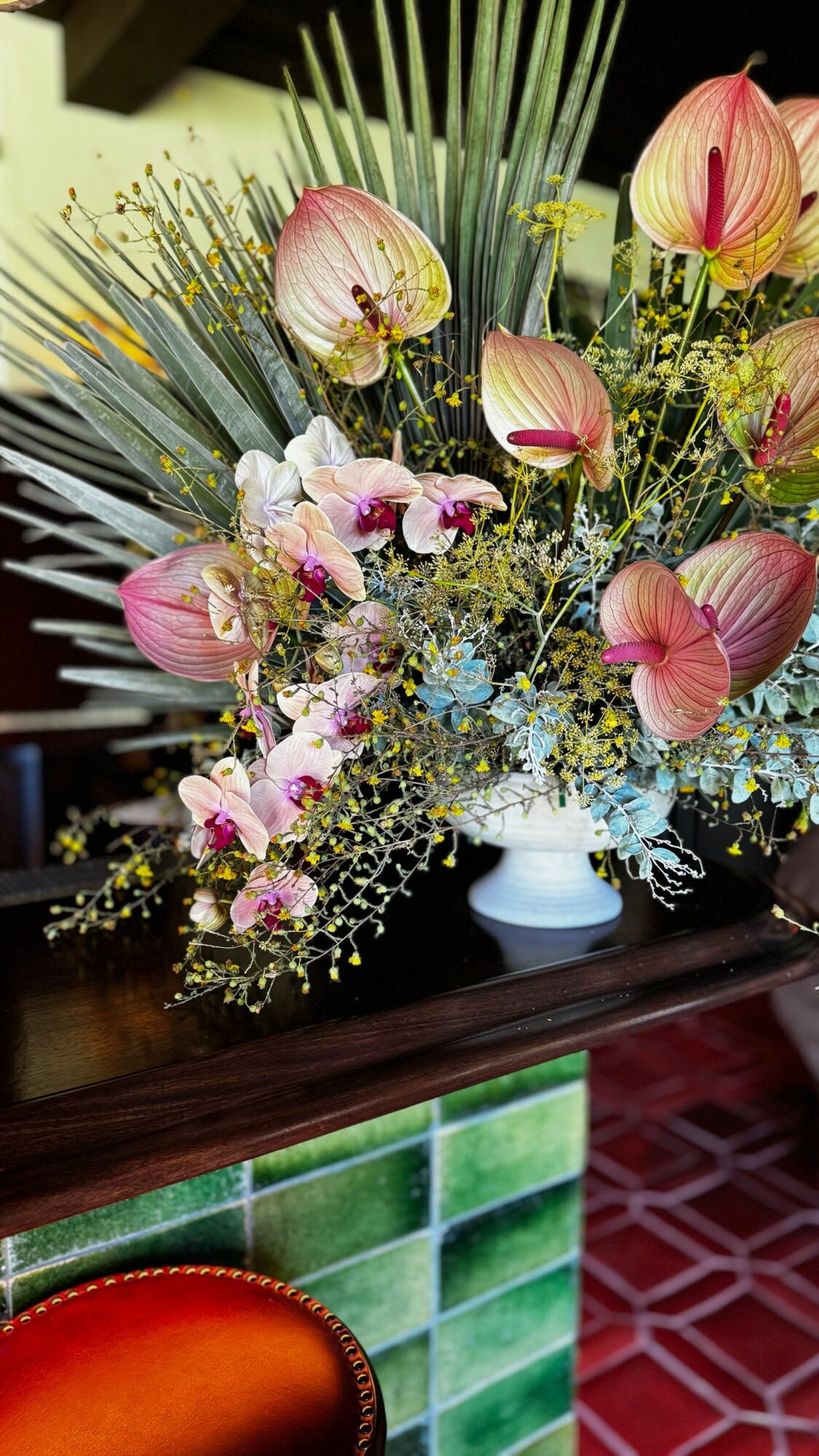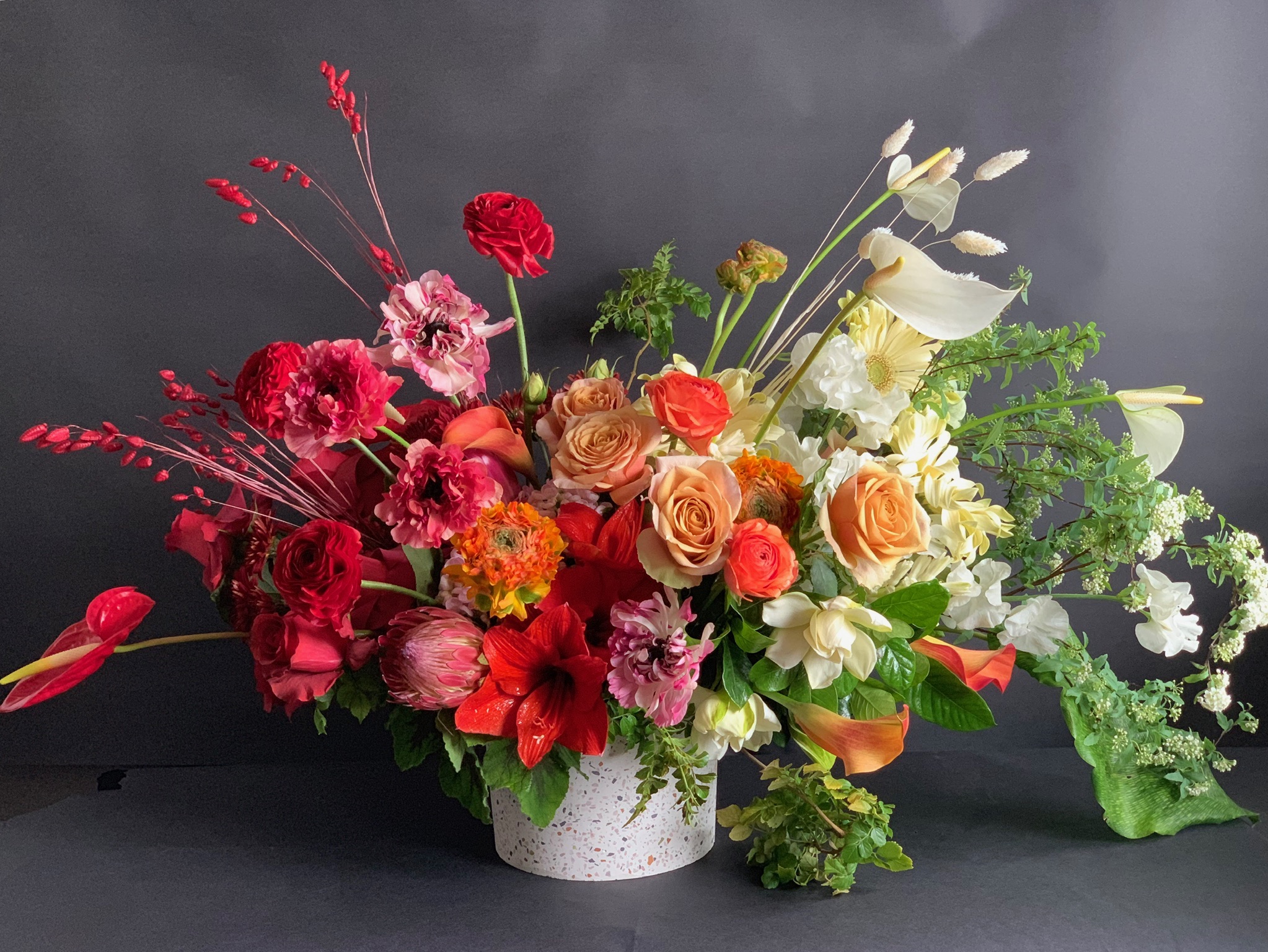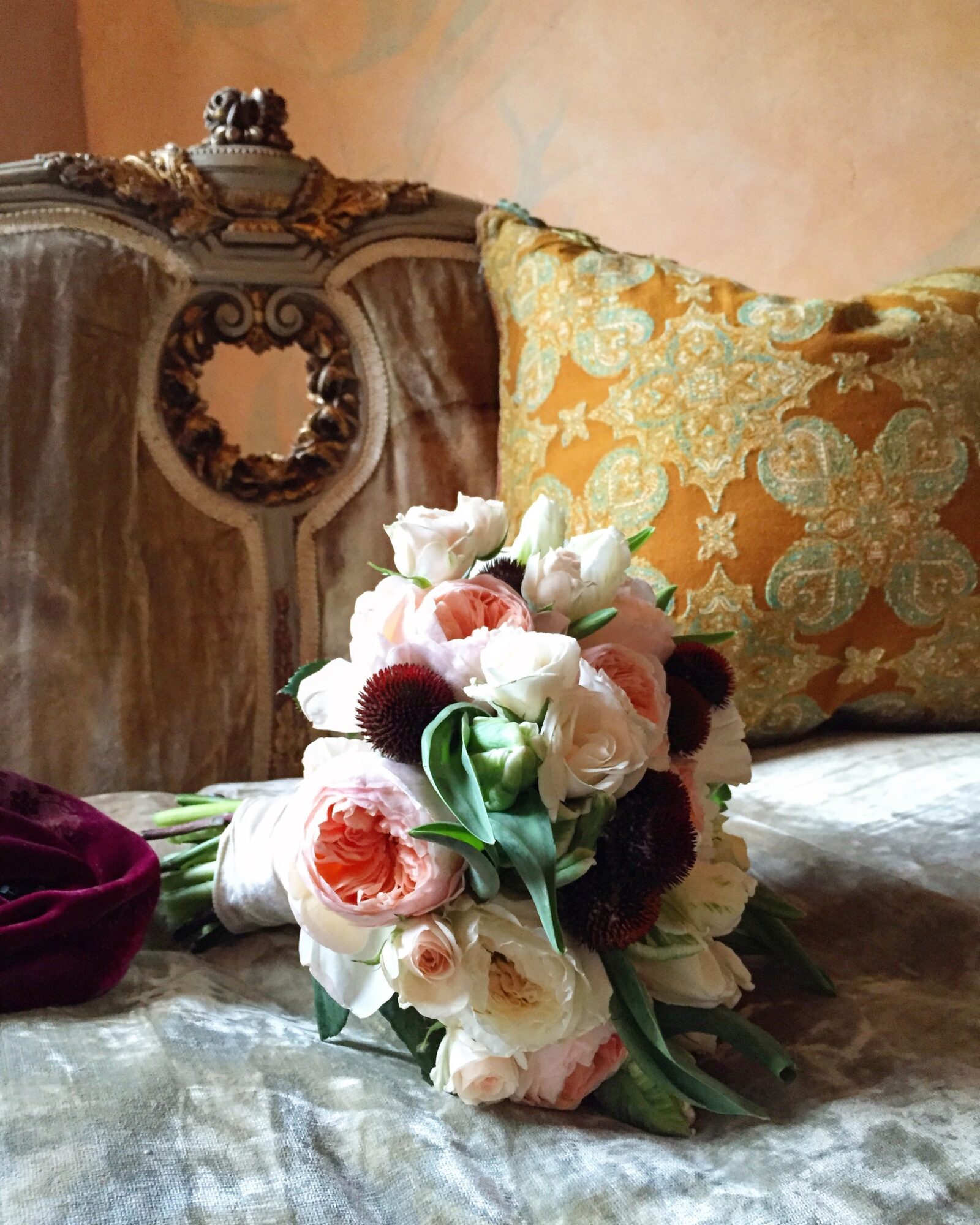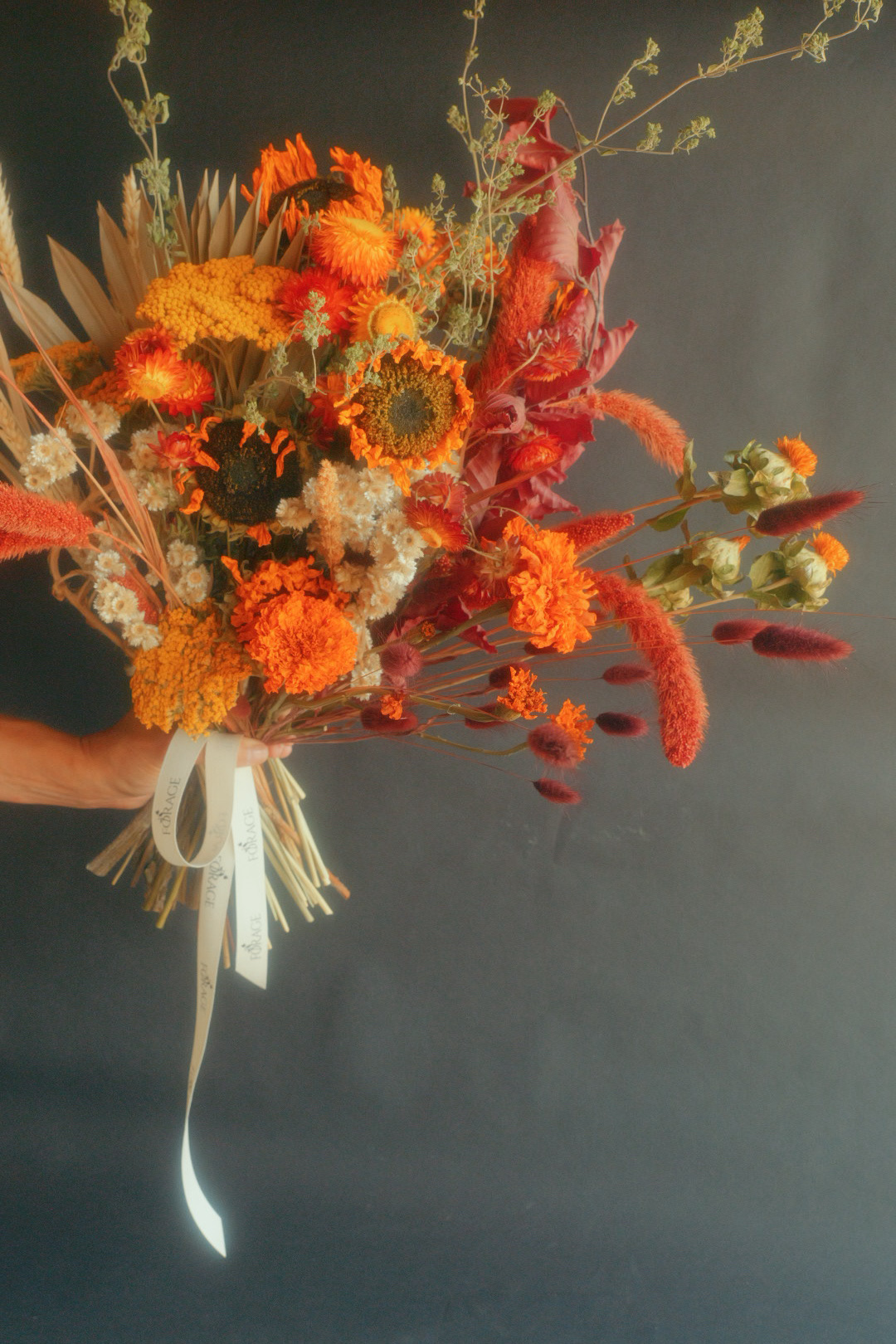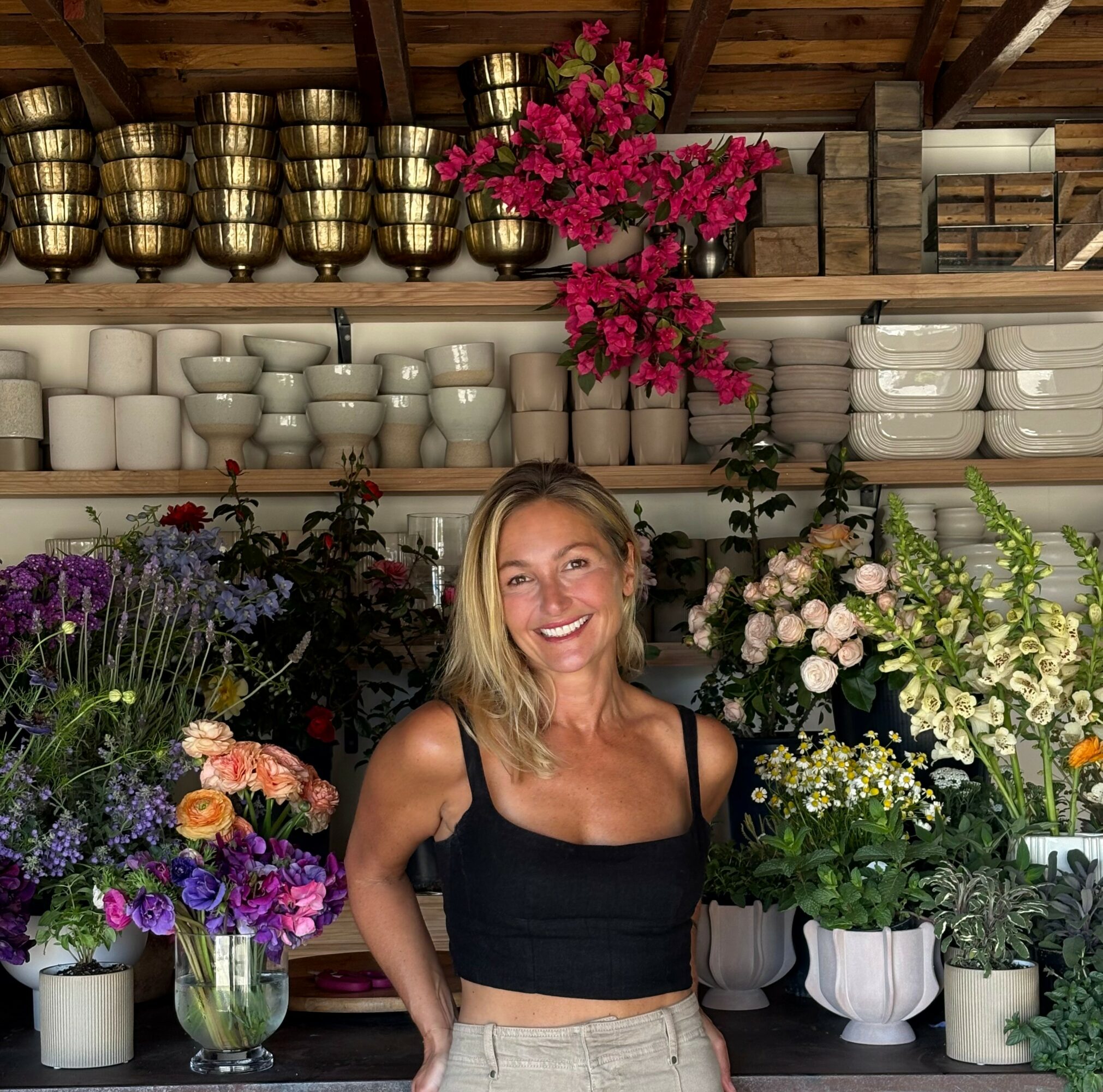

We recently had the chance to connect with elizabeth cohn and have shared our conversation below.
elizabeth, so good to connect and we’re excited to share your story and insights with our audience. There’s a ton to learn from your story, but let’s start with a warm up before we get into the heart of the interview. What do the first 90 minutes of your day look like?
My day starts with the best alarm clock in the world – my dog’s wet nose and enthusiastic face licks. There’s something grounding about that immediate connection to unconditional love before the world rushes in.
My husband has this beautiful ritual of making my double shot espresso with just a splash of water – it’s become our quiet morning moment together. I take that perfect cup outside and sit in the stillness, letting the caffeine work its magic while I mentally prepare for the day ahead.
Then comes my 2-mile walk-run, which is honestly where all my best thinking happens. This is my strategy time – I’m conquering the world in my head, solving business challenges, planning creative projects, and setting intentions. It’s like moving meditation where my body gets energized while my mind gets organized.
I finish with my wellness stack – sauna and red light therapy while sipping my hydration drink, then a cold shower to seal it all in. By the time those 90 minutes are up, I’m physically energized, mentally clear, and emotionally centered. It’s my non-negotiable foundation that sets the tone for everything that follows.
This routine isn’t just about health – it’s about creating the headspace and energy I need to show up fully for my clients and my craft.
Can you briefly introduce yourself and share what makes you or your brand unique?
Hi, I’m Elizabeth Samia Cohn, founder of Forage Ojai. I run what I call a “floral atelier” – not your typical flower shop, but a luxury botanical studio where I create one-of-a-kind arrangements for high-end events, teach intensive floral artistry workshops, and offer curated retail pieces.
What makes us different? I spent 25+ years training with master florists across Europe and Asia, collecting techniques you won’t find elsewhere. We don’t just arrange flowers – we create botanical narratives. Each piece tells a story.
I opened Forage in 2017, weathered COVID by adapting and working from home, then found our perfect downtown Ojai space. Now we serve luxury clients from Ojai to Montecito with everything from wedding florals to weekly corporate arrangements.
The special sauce is positioning ourselves as artists, not decorators. We charge premium prices because we deliver museum-quality work. Our workshops have waiting lists, our corporate clients see measurable ROI from enhanced ambiance, and our wedding clients get arrangements that become conversation pieces.
I’m building multiple revenue streams – events, education, retail, and subscriptions – with the goal of creating a scalable, sellable business that preserves the artisan craft of floristry while generating serious profit. It’s luxury meets business strategy, rooted in Ojai’s conscious living culture.
Appreciate your sharing that. Let’s talk about your life, growing up and some of topics and learnings around that. What breaks the bonds between people—and what restores them?
What breaks bonds between people typically involves broken trust through lies and betrayals, poor communication that creates misunderstandings, unresolved resentment from accumulated hurts, natural life changes that shift priorities, and ego-driven resistance to vulnerability. These breakdowns happen when we abandon our authentic selves to meet others’ expectations or when we try to control outcomes rather than accepting what is. What restores bonds requires returning to radical honesty – first with ourselves, then with others – where we drop the masks and speak our truth with compassion. Restoration comes through genuine accountability without defensiveness, consistent loving actions that prove change, deep listening that seeks to understand rather than to be right, shared vulnerability that reveals our common humanity, conscious forgiveness that releases the past, and intentional presence that prioritizes connection over being correct. The deeper truth is that authentic relationships can only exist between authentic people – when we stop performing and start being real, we create space for others to do the same. Bonds break when we disconnect from our truth; they heal when we courageously return to it and invite others to meet us there.
What did suffering teach you that success never could?
Suffering taught me that resilience isn’t about avoiding pain – it’s about moving through it with grace. Success made me think I had control, but suffering showed me that my real strength comes from adapting when everything falls apart. It taught me that vulnerability isn’t weakness; it’s the birthplace of genuine connection and creativity.
When I had to close my retail shop during COVID and work from home for two years, success would have told me I was failing. But suffering taught me patience, resourcefulness, and the difference between what I thought I needed versus what actually mattered. It stripped away the non-essentials and revealed what was truly valuable – my craft, my relationships, my ability to create beauty even in uncertainty.
Suffering taught me empathy in ways success never could. When clients come to me during difficult life transitions – planning memorial services, navigating divorces, celebrating recoveries – I can meet them where they are because I’ve been in the dark too. Success taught me technique; suffering taught me how to hold space for others’ pain and transform it into something beautiful.
Most importantly, suffering taught me that meaning comes from what we do with our wounds, not from avoiding them. Every arrangement I create now carries that knowledge – that beauty often emerges from broken places, that the most profound transformations happen when we stop fighting what is and start working with it. Success gave me skills; suffering gave me wisdom.
Sure, so let’s go deeper into your values and how you think. What are the biggest lies your industry tells itself?
The biggest lies the floral industry tells itself revolve around fundamentally undervaluing the craft and settling for mediocrity. The industry perpetuates the myth that “anyone can do this,” treating floristry like basic decoration rather than recognizing it requires years of training in color theory, design principles, and botanical behavior, which keeps pricing artificially low. Florists convince themselves that “cheap flowers are fine if the design is good,” using inferior wholesale bucket flowers that die quickly and look mediocre instead of investing in quality materials that actually create luxury experiences. The industry also believes “clients just want pretty and affordable,” leading to a destructive race-to-the-bottom mentality when many clients would gladly pay premium prices for true artistry if florists had the confidence to ask. There’s an obsession with social media validation, assuming that Instagram-pretty arrangements that photograph well translate to business success, when viral content doesn’t necessarily mean profitable or sustainable work. Most floral education has been dumbed down to “fun hobby classes” that make people feel good rather than teaching actual mastery, when real skill development requires intensive training. Finally, the industry clings to the outdated belief that location and walk-ins will sustain businesses, waiting passively for customers instead of actively building relationships and positioning floristry as luxury service rather than commodity retail. The core delusion is treating floristry as just a service business instead of recognizing it as an art form with real, substantial value.
Okay, so before we go, let’s tackle one more area. What is the story you hope people tell about you when you’re gone?
The story I hope people tell about me is that Elizabeth never settled for less than what her heart knew was right, and she taught others they didn’t have to either. She believed that if you want something and it’s good for you, it will happen – and she lived that philosophy every single day, whether she was creating arrangements, coaching clients, or building her business.
They’ll say she transformed floristry from decoration into transformation, showing people that true artistry exists when you honor both beauty and intention. But more than that, she helped others discover their own potential for extraordinary lives. Through her life coaching, she guided people to trust their instincts, stop apologizing for wanting more, and take bold action toward their dreams. She never believed in regrets, only in stories worth telling, and she helped countless others write their own chapters with courage and authenticity.
People will remember that Elizabeth saw possibility everywhere – in broken stems that became stunning arrangements, in students who thought they had no artistic talent, in clients who felt stuck in lives that didn’t fit them. She had this gift for seeing what could be rather than just what was, and she gave others permission to see themselves that way too. She proved that when you combine masterful craft with unwavering belief in human potential, you don’t just create beautiful things – you create beautiful transformations.
Most importantly, they’ll say she never stopped believing in love and never compromised on living authentically, inspiring others to do the same.
Contact Info:
- Website: https://forageojai.com
- Instagram: @forageojai
- Facebook: forageojai
